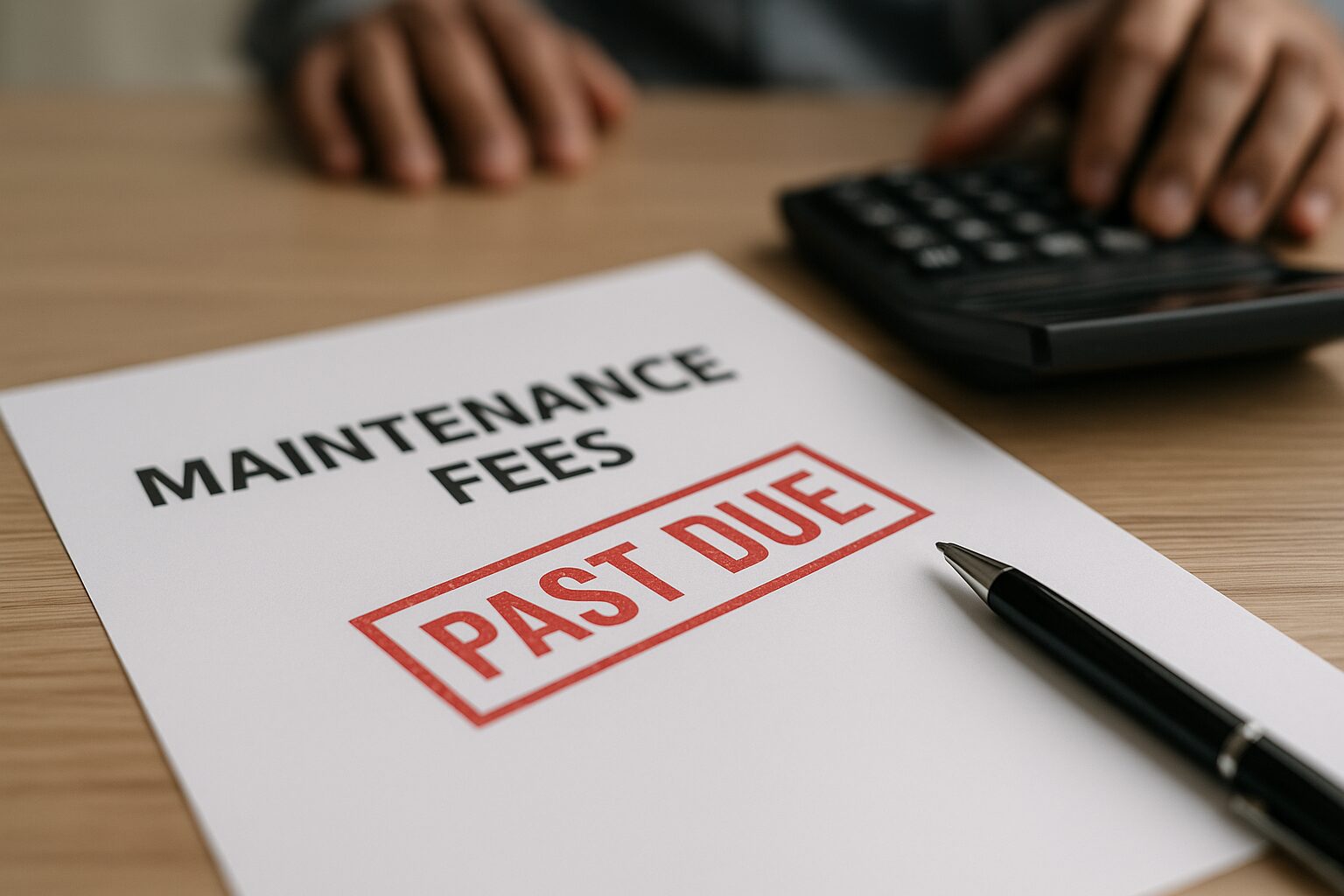
16 Sep What Happens If I Stop Paying My Timeshare Maintenance Fees?
Stop paying timeshare fees and you may face late charges, collections, and credit damage. Timeshare maintenance fees also tend to rise each year, which can strain a budget. In short, this guide explains the risks and a smarter path forward.
In this article, you’ll learn:
- The immediate risks of skipping payments
- What developers and collectors can—and can’t—do
- The long-term impact on credit and finances
- Better steps to take before you walk away
The Immediate Risks
If you stop paying timeshare fees, your developer treats it like any other unpaid debt. Common consequences include:
- Late fees and penalties. Small at first, they can add up quickly.
- Collections activity. Your account may be sent to a collector, which brings calls and letters.
- Negative credit impact. Unpaid fees may be reported to bureaus, lowering your score.
What can a collector do? They can contact you, report the debt, and negotiate. They cannot threaten you, lie, or call at banned times. Know your rights before you respond.
Official guidance on debt-collection rights:
CFPB tips
The Long-Term Consequences
Walking away does not make the contract disappear. Instead, it often creates larger problems:
- Foreclosure on the timeshare. Developers can reclaim ownership through foreclosure procedures.
- Ongoing debt. Even after foreclosure, you could still owe back fees, interest, or penalties.
- Inheritance concerns. Some agreements include a perpetuity clause, which can bind heirs unless the contract is properly resolved.
Timeshare maintenance fees often increase annually—sometimes due to operations, special assessments, or upgrades. That’s why choosing to stop paying timeshare fees can create bigger problems than it solves.
Why Owners Consider Not Paying Timeshare Fees
Most owners who consider defaulting are not trying to “game the system.” They’re overwhelmed by:
- Fees that rise faster than the budget allows
- Broken promises about availability or rental income
- Paying for something they can’t use or book
Here are a few common scenarios:
- You planned to rent extra weeks, but the contract blocks rentals.
- You were told “prime dates are easy,” yet blackout rules make it tough.
- Your monthly budget changed due to a new expense or job shift.
When pressure builds, some owners choose to stop paying timeshare fees, but that choice usually makes the situation harder to solve.
If this sounds familiar, you’re not alone. Many owners face the same squeeze and look for a way out.
Before You Stop Paying Timeshare Fees: Contract Review
Rather than letting fees pile up, start with a professional timeshare contract review. It can reveal red flags that support a safe, legal path to resolution—without wrecking your credit. It’s a far safer step than simply not paying timeshare fees and hoping the issue fades.
- Identifies potential misrepresentations and hidden clauses
- Explains your rights and options in plain language
- Outlines realistic next steps if rescission is no longer available
What should you gather for the review?
- Contract, addenda, and any exhibits
- Sales brochures, one-pagers, and emails
- Notes on what was said during the sales pitch
- Recent timeshare maintenance fees notices and proof of payments
Common Myths About Not Paying Timeshare Fees
A few myths circulate online and often push people to stop paying timeshare fees. The facts tell a different story:
- Myth: “If I ignore the bill, the problem goes away.” Fact: Fees and interest keep growing, and collections may follow.
- Myth: “Selling is easy.” Fact: Resale markets are limited, and contracts often restrict transfers.
- Myth: “One missed payment won’t matter.” Fact: A single late mark can affect your credit profile.
What to Do If You’re Falling Behind
If you’re already late—or think you will be soon—use this quick checklist:
- Pull your paperwork. Gather the contract, addenda, fee notices, and any sales materials.
- Document the sales pitch. Write down what you were told, especially promises about fees, rentals, or usage.
- Request a review. Ask for a free contract review to identify leverage points before default grows.
- Keep records. Save statements, emails, and texts. Good records strengthen your options.
Friendly note: This article is general information, not legal advice. Use it to frame your next steps before you decide to stop paying timeshare fees.
Schedule a Free Timeshare Contract Review
- We check your paperwork for red flags
- Explain options in plain language
- Map out a path if you’re behind on timeshare maintenance fees
Get Your Free Review
or call (520) 467-6950
The Bottom Line
Stop paying timeshare fees might feel like relief today, but it often creates bigger problems tomorrow—fees, collections, credit damage, and sometimes foreclosure. Instead of risking all that, find out whether your contract has red flags that qualify for resolution. With a clear plan, you can move forward with confidence. That way, you avoid the long tail of costs that follow when you stop paying timeshare fees.
